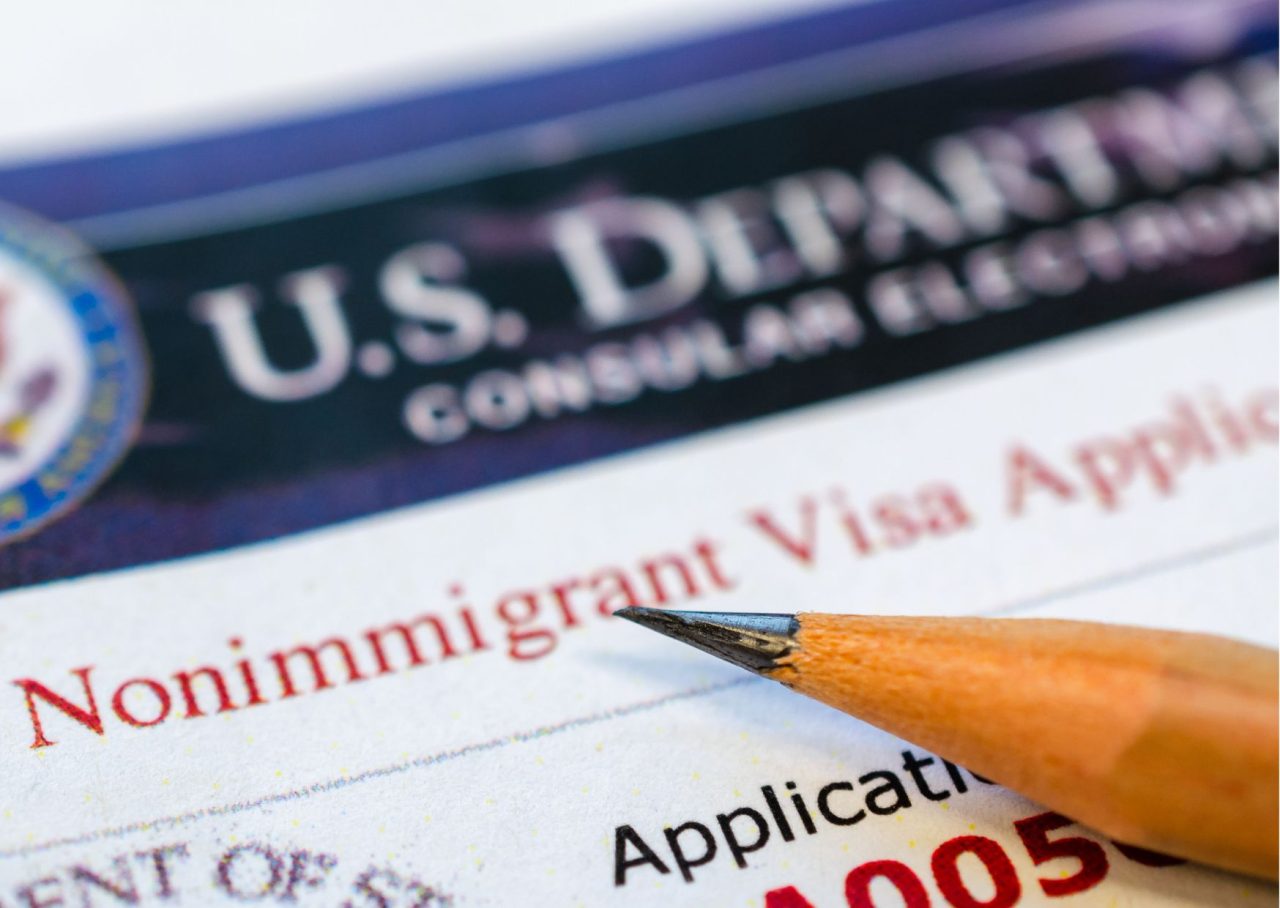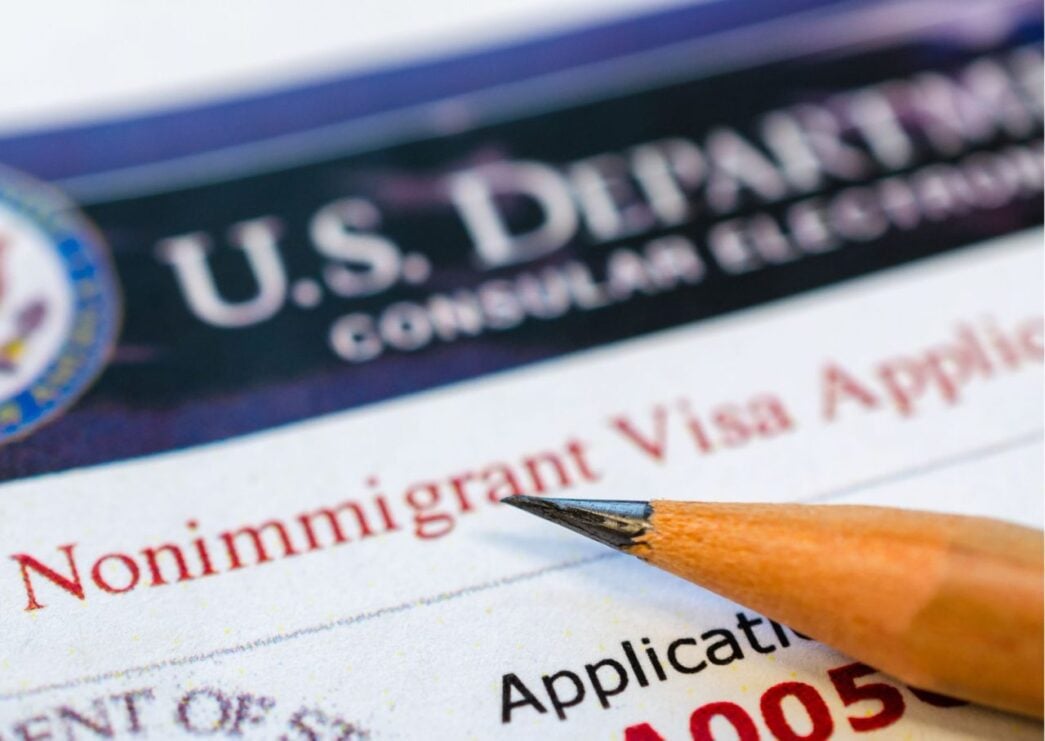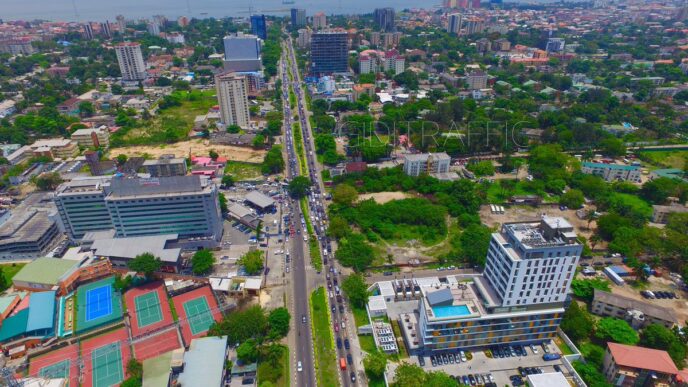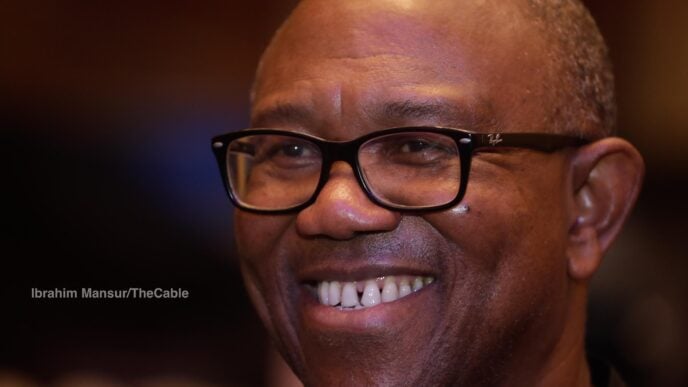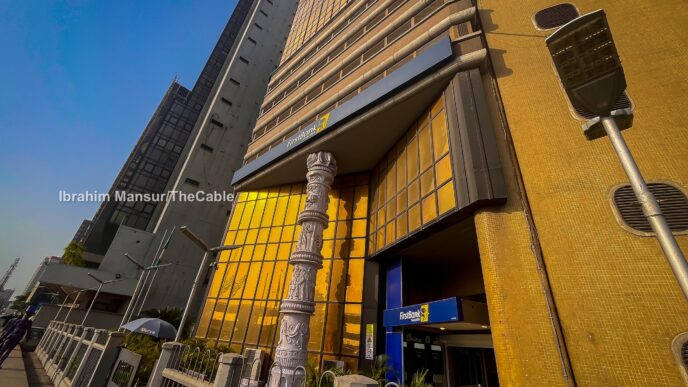The United States will soon implement a new visa policy requiring certain foreign nationals to pay a bond of up to $15,000 as part of a 12-month pilot programme to curb visa overstays.
A bond is a form of loan to a government or company for a specific time. Bonds provide the borrower with external funds to finance long term investments.
In a notice on the federal register website, the US State Department said under the programme, some applicants for B-1 business and B-2 tourist visas from countries deemed high-risk for visa overstays, may be required to post bonds of $5,000, $10,000, or $15,000 before being granted entry into the US.
The State Department said the pilot programme will begin on August 20 and take effect 15 days after the formal publication of the rule.
Advertisement
It targets applicants from countries identified in a 2023 Department of Homeland Security (DHS) report as having high overstay rates, weak internal document security, or offering citizenship by investment without a residency requirement.
“Aliens applying for visas as temporary visitors for business or pleasure and who are nationals of countries identified by the department as having high visa overstay rates, where screening and vetting information is deemed deficient, or offering citizenship by investment, if the alien obtained citizenship with no residency requirement, may be subject to the pilot program,” the notice reads.
Applicants from countries in the visa waiver programme, which allows citizens from 42 mostly European countries to travel to the US for up to 90 days without a visa, are not affected.
Advertisement
Consular officers will determine whether a visa applicant must pay the bond as a condition for visa issuance.
The money will be refunded if the individual complies with all visa terms, but will be forfeited if they overstay.
The programme also mandates that visa holders required to pay the bond must enter and exit through designated US airports.
The State Department is yet to disclose the list of affected countries or how many people the policy may impact, though it noted the list and criteria may evolve over time.
Advertisement
